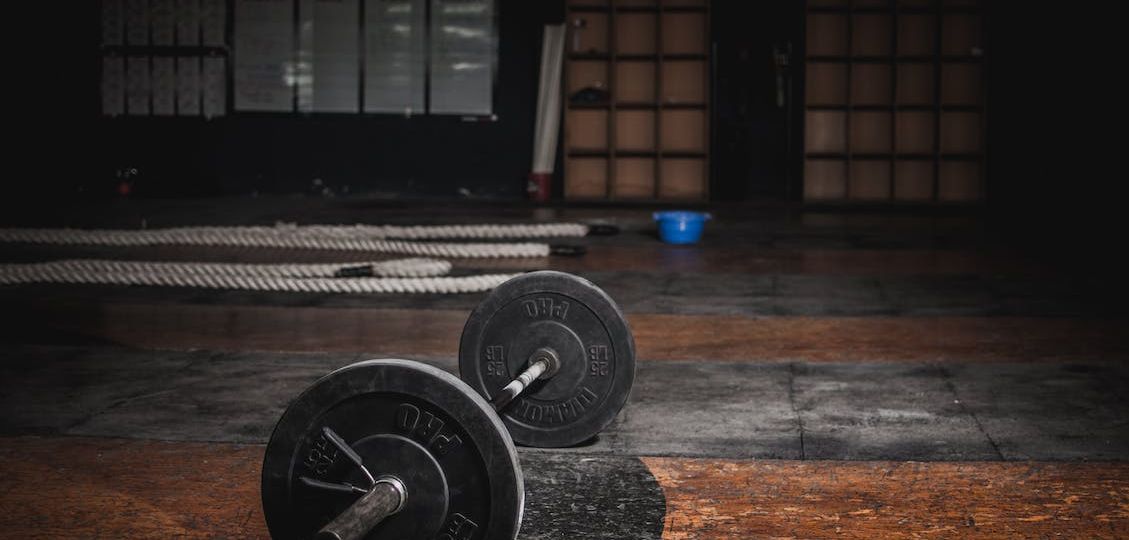
In the pursuit of owning a gym, the excitement of turning a passion for fitness into a business can sometimes overshadow the essential legal considerations. Navigating the legal landscape is crucial for the success and longevity of your gym. In this comprehensive guide, we’ll delve into the legal aspects that demand your attention before sealing the deal on your dream fitness venture.
Free 15-minute consultation for Business matters
with our Experience Lawyers.
Understanding Zoning Laws for Gyms
Zoning Laws: The Foundation: Before you even consider signing a lease or purchasing a property, understanding zoning laws is paramount. Zoning regulations vary, and certain areas might be designated for specific purposes. Ensure the location you’ve chosen allows for a fitness facility, as violating zoning laws can lead to costly consequences.
Research and Due Diligence: Conduct thorough research on local zoning ordinances. Engage with local authorities or hire a professional to ensure your gym complies with existing regulations. This proactive approach not only prevents legal issues but also sets the stage for a smooth business operation.
Lease Agreements and Property Considerations
Negotiating Favorable Lease Terms: Securing the right location is a significant milestone, but the lease agreement is equally crucial. Negotiate terms that favor your business, considering factors like lease duration, renewal options, and any clauses that could impact your gym’s operations.
Property Inspections: Before finalizing any agreement, invest in property inspections. Identify potential issues such as structural concerns or safety hazards. Addressing these before signing a lease or purchasing can save you from legal headaches down the road.
Liability and Insurance
Comprehensive Insurance Coverage: Gyms inherently involve risks, from customer injuries to property damage. Invest in comprehensive liability insurance tailored for fitness facilities. This not only protects your business but also assures clients that their safety is a top priority.
Waivers and Legal Protections: Implementing clear waivers for clients is crucial. Consult with Lawyers in Sydney to draft documents that protect your gym from liability claims. This is a proactive measure that can safeguard your business in the event of unforeseen incidents.
Employee Contracts and Compliance
Legalities of Employment: Hiring staff is a significant step, but it comes with legal obligations. Ensure employment contracts adhere to local labor laws. Clearly outline expectations, wages, and responsibilities to avoid misunderstandings that could lead to legal disputes.
Non-Discrimination Policies: In the fitness industry, promoting inclusivity is essential. Establish non-discrimination policies to create a welcoming environment. Ensure these policies are communicated clearly to staff, minimizing the risk of legal issues related to discrimination.
Health and Safety Regulations
Compliance with Industry Standards: Health and safety regulations in the fitness industry are stringent. From equipment maintenance to sanitation, compliance is not just a legal requirement but also a commitment to your clients’ well-being. Stay updated on industry standards to avoid legal repercussions.
Regular Inspections and Maintenance: Implement a routine inspection and maintenance schedule for all gym equipment. This not only ensures compliance but also enhances the longevity of your assets, preventing unexpected legal issues related to faulty equipment.
Intellectual Property Concerns
Trademarks and Brand Protection: Building a brand for your gym is an exciting aspect, but it requires legal protection. Register trademarks to safeguard your logo, name, and other branding elements. This preventative measure can save you from potential legal battles over intellectual property.
Content and Copyright: If your gym offers unique fitness programs or produces content, be mindful of copyright laws. Ensure you have the right permissions for any music, videos, or materials used in your gym. Respect intellectual property to avoid legal disputes.
Tax Implications in the Fitness Industry
Tax Planning and Compliance: The financial side of gym ownership involves navigating tax implications. Consult with tax professionals who understand the nuances of the fitness industry. Proper tax planning can optimize your financial structure while ensuring compliance with tax laws.
Record Keeping: Maintain meticulous records of financial transactions. Accurate bookkeeping not only aids in tax filings but also serves as a legal safeguard in case of audits. Keeping detailed records reflects transparency and responsibility as a business owner.
Conclusion
In the exhilarating journey of turning your passion for fitness into a business, legal considerations are the bedrock of a successful gym. From zoning laws to intellectual property protection, each aspect plays a crucial role in the seamless operation and longevity of your fitness venture. By prioritizing these legal considerations, you not only safeguard your business but also contribute to the flourishing fitness community.
FAQS
What are the key zoning considerations when opening a gym?
Before finalizing a location, research local zoning ordinances to ensure they allow for a fitness facility. Engage with local authorities for clarity and compliance.
How can I ensure my lease agreement is favorable for a gym business?
Negotiate lease terms that align with your business needs. Consider factors like duration, renewal options, and clauses impacting your gym's operations.
What type of insurance is crucial for a gym owner?
Comprehensive liability insurance tailored for fitness facilities is essential. Additionally, implement clear waivers for clients to protect your gym from liability claims.
What legal aspects should I be aware of when hiring employees for my gym?
Ensure employment contracts adhere to local labor laws. Clearly outline expectations, wages, and responsibilities to prevent legal disputes.
How can I ensure compliance with health and safety regulations in my gym?
Stay informed about industry standards and implement regular inspections and maintenance schedules for all gym equipment.

